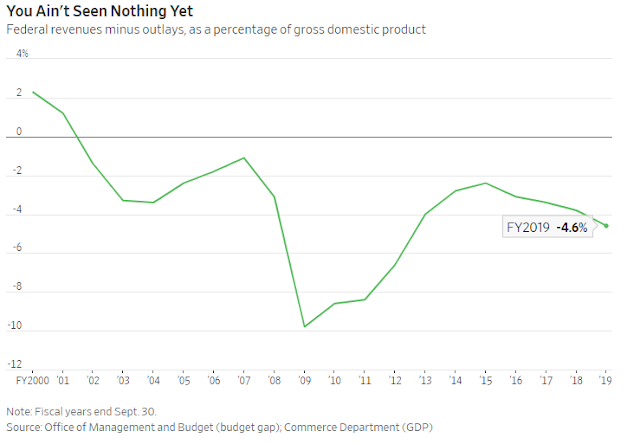If federal stimulus isn’t distributed quickly enough, or if the fear of coronavirus infection drags on too long, even the mammoth government package may not be enough to avoid huge job losses
By Justin Lahart

Shoppers at a New Jersey mall last year. Many Americans will run into financial distress quickly without a steady paycheck or cash buffer./ Photo: Gabby Jones/Bloomberg News .
The U.S. government is about to pour $2 trillion on the pandemic-stricken economy. It might not be its last trip to the well.
The Senate and the White House have hammered out an agreement on an estimated $2 trillion stimulus package aimed at blunting the fallout from what is looking like the sharpest economic downturn in most Americans’ living memory.
Pending a Senate vote, approval by the House and President Trump’s signature, it will send one-time checks to many Americans, expand unemployment benefits, provide loans and relief to businesses large and small and provide funding to state and local governments.
What will matter most, once the package is enacted, is speed. With job losses likely to run into the millions, many Americans won’t be drawing paychecks, and many of them, lacking any sort of cash buffer, will run into financial distress quickly.
Many of the small businesses that have experienced a collapse in sales as a result of social-distancing measures and state shutdowns can’t last long without cash flow, either. If they fail, then the jobs they once provided will vanish, too.
If the federal government can’t figure out how to distribute funds quickly and efficiently, the economic damage the stimulus is meant to offset will only deepen. Even if it succeeds, it might not be enough.
Small businesses, in particular, have emerged as the epicenter of this crisis. There are millions of them and they employ about half of the U.S. workforce. The expected $350 billion in loans that the package apportions to small businesses may be insufficient.
The biggest problem is that until the spread of the novel coronavirus is contained, the economic damage it is wreaking will continue. Businesses that have closed as a result of the virus aren’t going to open until state and local governments deem it safe, and many of them won’t log much in the way of sales until their customers feel the same way.
At the very least, the country will need to register a clear peak in the daily number of newly confirmed coronavirus cases, adequate hospital-bed and ventilator capacity and easy access to tests before it is really ready to open for business again.
That will take time. The $2 trillion package is a lot of money, but it might not be enough.

0 comments:
Publicar un comentario